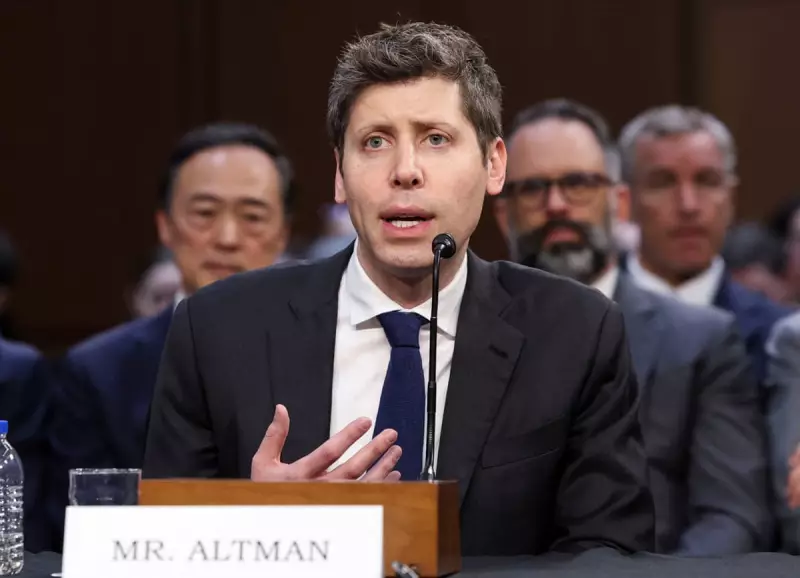
In a legal confrontation that could reshape the artificial intelligence landscape, OpenAI finds itself at the centre of a high-stakes copyright lawsuit that questions the very foundations of how AI systems are trained.
The Core Allegations
The legal action, filed in a US district court, presents a formidable challenge to OpenAI's practices. Plaintiffs allege that the company's flagship ChatGPT system was developed using vast quantities of copyrighted material without proper authorisation or compensation to original creators.
According to court documents, the lawsuit claims OpenAI engaged in "systematic scraping of protected works" to build its training datasets. This practice, argue the claimants, represents a fundamental violation of intellectual property rights that cannot be justified under existing fair use doctrines.
Broader Implications for AI Development
This case extends far beyond a simple corporate dispute, touching upon critical questions about the future of AI innovation:
- Training data ethics: What constitutes legitimate use of online content for AI training purposes?
- Creator compensation: Should content producers receive payment when their work contributes to AI development?
- Regulatory boundaries: How should existing copyright laws adapt to address emerging AI technologies?
OpenAI's Defence Strategy
While specific details of OpenAI's legal response remain confidential, industry observers anticipate the company will likely invoke fair use arguments. This defence would probably emphasise the transformative nature of how training data is processed and utilised within AI systems.
Legal experts note that previous cases have established some precedent for using publicly available internet content, though the scale and commercial nature of OpenAI's operations present novel legal questions.
Potential Industry Impact
The outcome of this litigation could send shockwaves throughout the technology sector:
- Development costs: A ruling against OpenAI might significantly increase expenses for AI companies requiring licensed training data
- Competitive landscape: Smaller AI startups could face insurmountable barriers if required to negotiate rights for massive datasets
- International ramifications: The case may influence regulatory approaches in the UK and European Union
As the legal process unfolds, the technology community watches closely, aware that the verdict could establish crucial precedents governing AI development for years to come.





